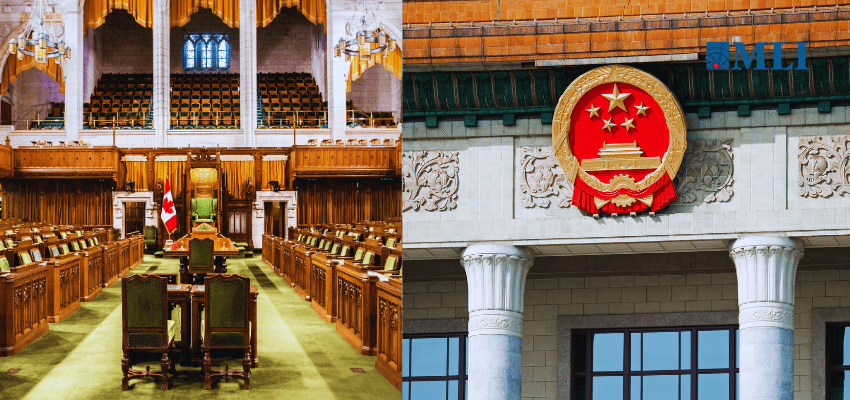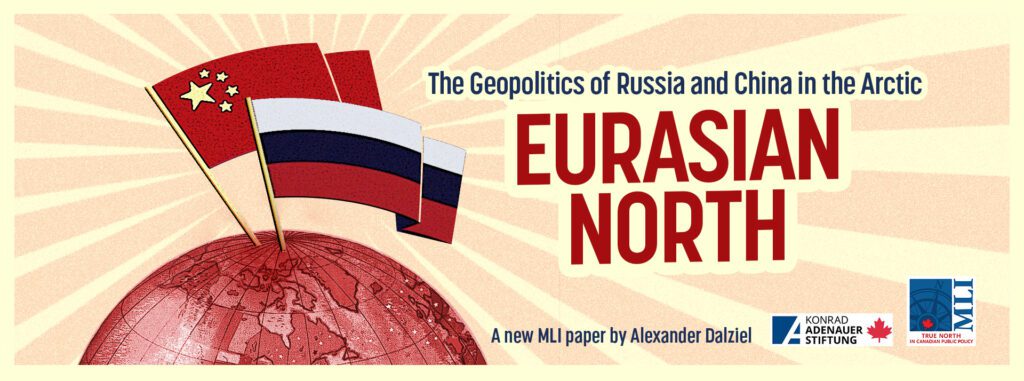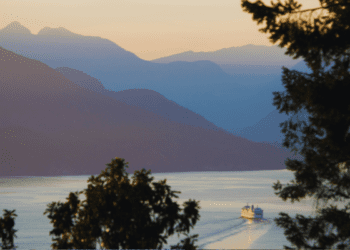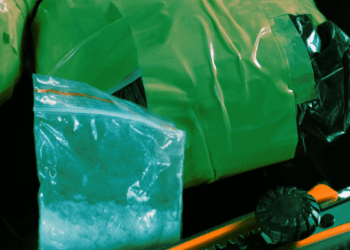This article originally appeared in the National Post.
By Scott Simon, July 31, 2024
After several years of conflict, now is not the time for Canada to consider China’s suggestion of creating a closer relationship.
During the July 19 meeting of Foreign Affairs Minister Mélanie Joly with China’s Foreign Affairs Minister, Wang Yi, in Beijing, Wang floated the idea that the two countries should advance toward a strategic partnership.
Although Wang’s proposal will surely have its cheerleaders in Canada, it is still too early to put behind us the detentions of Michael Spavor and Michael Kovrig, the ongoing imprisonment of Huseyin Celil, and interference in our democracy. Moreover, it is unrealistic in the light of disruptive Chinese aggression in the Indo-Pacific region.
Japan’s Ministry of Defence has sounded the alarm, characterizing the current situation as the “most severe and complex security environment since the end of World War II.”
This is because of China’s increased military activities around Taiwan, strategic co-operation with Russia, military buildup without transparency and intensification of activities around Japan.
Canada must always consider this larger strategic context rather than focus narrowly on bilateral relations. After all, there are solid reasons why Canada called China a “disruptive global power” in its 2022 Indo-Pacific Strategy.
After encouraging Canada to embark on “serious reflection” about recent disputes, China’s official statement warned that “issues related to Taiwan, Tibet, Xinjiang and Hong Kong are all China’s internal affairs and no external interference is allowed.”
Joly, while cleverly reaffirming commitment to the federal government’s One-China Policy, stated that Canada continues to defend “human rights, the rule of law, and the principles enshrined in the United Nations Charter.” Article 1 of the UN Charter calls for states to settle disputes through peaceful means and establishes the principle “of equal rights and self-determination of peoples.”
These disagreements are not just salient to Canada-China relations. They indicate different perspectives on the future of the Indo-Pacific.
On the same day that Wang met Joly, China’s military sent 22 aircraft and seven naval vessels around Taiwan, including 17 aircraft that crossed the Taiwan Strait median line, according to Taiwan’s Ministry of National Defence.
The median line, also called the Davis Line, is the de facto boundary in the middle of the strait that was drawn to prevent escalation or unilateral use of force from either side. China respected it from 1955 to 1999 but has violated it on a nearly daily basis since August 2022. This past March, China’s Ministry of National Defence repudiated its very validity.
Meanwhile, last month, China escalated its lawfare in ways that potentially endanger Canadian citizens. On June 21, China issued new guidelines regarding its 2005 Anti-Secession Law. It now can impose criminal punishments, up to the death penalty, on individuals worldwide whom China perceives as advocating “Taiwanese independence.” The guidelines explicitly prohibit such activities as promoting Taiwan’s membership in international organizations or using academic freedom in ways that contradict Beijing’s narrative on Taiwan.
Canadians of Taiwanese origin and their allies have for decades advocated for such goals as Taiwan’s inclusion in the Montreal-based International Civil Aviation Organization. Canadian universities, including my own (the University of Ottawa), teach and do research on Taiwan Studies, without obeying guidelines from any government.
China’s law could lead to the detention of Canadian citizens for political reasons. In this light, Wang’s dictate that some issues are “not allowed” seems particularly ominous.
Japan provides useful precedents on how to proceed. While Joly was on her trip, Japan and Taiwan jointly conducted a maritime search-and-rescue drill east of Japan. Japan’s Chief Cabinet Secretary, Yoshimasa Hayashi, explained that the maritime co-operation was not targeted at third parties, including China, while promising to deepen co-operation with Taiwan.
On the same day as Joly’s visit, China’s Foreign Ministry spokesperson lodged a protest with Tokyo over the drill. Civilian coast guard practice falls far short of overtly military co-operation but sends a clear sign that peace around Taiwan is of international concern.
Negotiation of a Canada-China strategic partnership would only distract from Canada’s Indo-Pacific Strategy, which notably promises to support Taiwan’s resilience.
More consistent with Canada’s Indo-Pacific Strategy would be to work towards a comprehensive defence alliance with Japan and to deepen people-to-people engagement with Taiwan, while remaining open-eyed about continuing diplomatic and trade relations with China.
In today’s dangerous geo-political climate, Canada needs to clearly identify friends and enemies, rather than base foreign policy on nostalgia about lost innocence.
Dr. Scott Simon is a senior fellow at the Macdonald-Laurier Institute.







